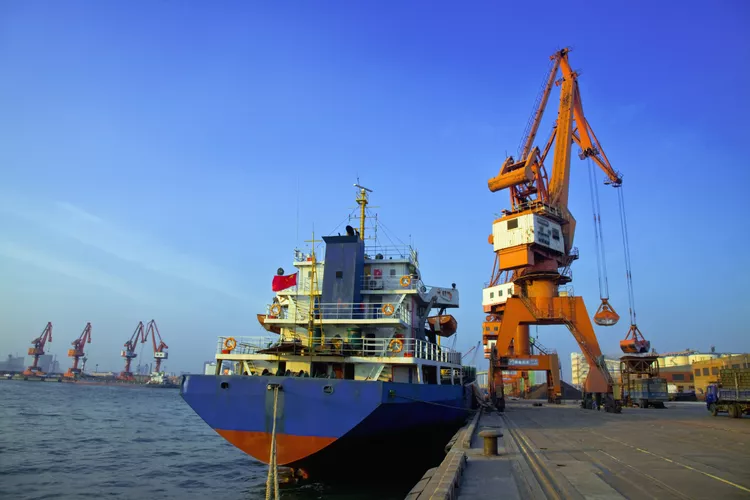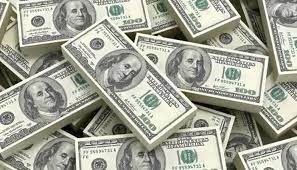INP-WealthPk
Sajid Irfan
Pakistan’s current account deficit (CAD) declined by 68% in the first four months of the fiscal year 2022-23, which is a positive sign for the economy. The decrease in the current account deficit became possible due to ban on import of certain luxury items and increase in exports.

Dr Hammad Manzoor, Finance Economist at Fatima Jinnah Women University Rawalpindi, told WealthPK that in the previous fiscal year, the increase in CAD was due to payments of imports. However, it narrowed down in July-October FY 2022-23.
According to the latest data of the State Bank of Pakistan (SBP), the CAD was $0.57 billion in October 2022 against a deficit of $0.36 billion in Sept 2022.
“Imports fell by $2.7 billion in the first four months of the current fiscal year, and exports increased by $0.2 billion compared to the corresponding period of the previous fiscal year. Overall trade deficit also shrank to $9 billion in the first quarter of FY23 compared to the deficit of $11 billion the corresponding period of the previous fiscal year,” he said.

Dr Hammad said Pakistan recently received $1.5 billion from the Asian Development Bank (ADB) and the World Bank also announced $1.3 billion for emergency, agriculture and food security. He said this aid may also help in increasing foreign exchange reserves.
Dr Hammad said that Pakistan banned some imports from decreasing the import bill and from saving foreign exchange reserves. The banned imports of some luxury items are only 3 to 5 % of the total imports.
“The narrowing deficit is the result of wide-ranging measures taken in recent months to moderate the growth and contain imports, including tight monetary policy, fiscal consolidation and some temporary administrative measures,” he said.
“Pakistan should identify new oil reservoirs and take special action to benefit from those oil and gas reservoirs in order to minimise fuel imports. Oil and Gas Development Company Limited (OGDCL) is now producing 37,000 barrels per day which is 48% of the country’s total production,” Dr Hammad mentioned.
“To stabilise the economy, the government should focus on prudent spending and borrowing. By aiming to achieve an underlying surplus of 0.4% of gross domestic product (GDP), the budget aims to reduce the government’s debt burden. Higher-income tax payers should pay more tax. There is a need for protecting development spending and creating fiscal spending,” he suggested.
Credit : Independent News Pakistan-WealthPk



